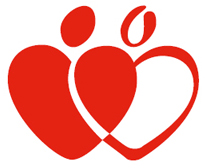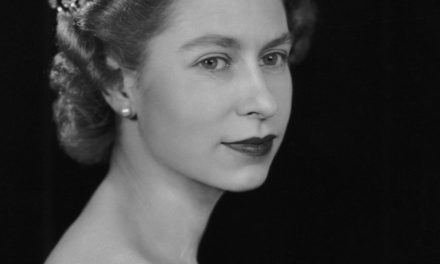NHS Blood and Transplant is urging people in County Durham to commit to saving lives by registering as new blood donors during the Missing Type campaign.
Blood donation saves lives. But NHS Blood and Transplant is uniting with 25 blood donor organisations across 21 countries to highlight an almost 30% international drop in people becoming blood donors last year compared to a decade ago.
The number of people becoming donors and giving blood for the first time in England decreased by 24.4% in 2015 compared to 2005.
NHS Blood and Transplant – which first held Missing Type in England and North Wales in 2015 – is now leading the campaign for new blood donors to ensure blood donation for future generations.
Last year, 13,473 people in County Durham gave blood at least once. New blood donors are crucial for ensuring we have the right mix of blood groups to meet patient need in the years to come. There is a particular need for more young blood donors and more black and Asian donors.
Throughout the campaign As, Bs and Os – the letters of the main blood groups – are disappearing in everyday and iconic locations around the globe including America, Australia, Japan and Ireland. Patients from around the world have thanked blood donors in a moving video and famous names in participating nations are backing the campaign. In England, major supporters include Microsoft, Guy’s and St Thomas’ Hospital, Boots, Manchester City, Lloyds Bank and Royal Mail.
Half of all donors in England are over 45 so it’s important we recruit younger people to donate blood to help meet patient needs now and in the future.
Last year, 12.3% of our donors in County Durham were aged 17-24, and 55.7% were aged 45 or over.
Mike Stredder, Director of Blood Donation at NHS Blood and Transplant, the service that collects, tests and processes blood for hospitals across England, said: “Blood donation is an amazing gift and transfusions save lives in County Durham every day. Whether it is patients receiving treatment for cancer, blood disorders, after accidents or during surgery, or new mums who lost blood in childbirth, blood is an absolutely essential part of modern healthcare.
“Thanks to the generosity of our current donors, hospitals have the blood needed to treat patients and there is not a crisis in blood stocks. Despite overall blood use in hospitals declining, we need more young donors to safeguard blood donation for future generations. And it’s vital the blood donor community reflects the diversity of the population because blood types vary across communities and patients need well-matched blood.
“We need people from County Durham to register today as new blood donors at www.blood.co.uk. We particularly need people with blood groups O negative, and A negative to come forward and people from black and south Asian communities.
“Don’t worry if you’ve never given blood before and don’t know what blood group you are – you find out shortly after your first donation. What’s important is that you register as a donor and book your first appointment to donate.”
In 2015, hospitals in England were provided with 1.6 million units of blood provided thanks to around 900,000 donors – around 154,000 gave blood for the first time.
Barriers to people becoming blood donors identified by blood services taking part in the Missing Type campaign include:
• Wider and more exotic travel
• People having less time to give in an increasingly busy world
• Lack of awareness of the process
• Fear of needles
Donating blood should take no more than an hour from appointment time and each donation can save or improve up to three lives. To sign up as a new donor, visit: www.blood.co.uk or call 0300 123 23 23.
Urgent NHS Appeal for Young Blood Donors










